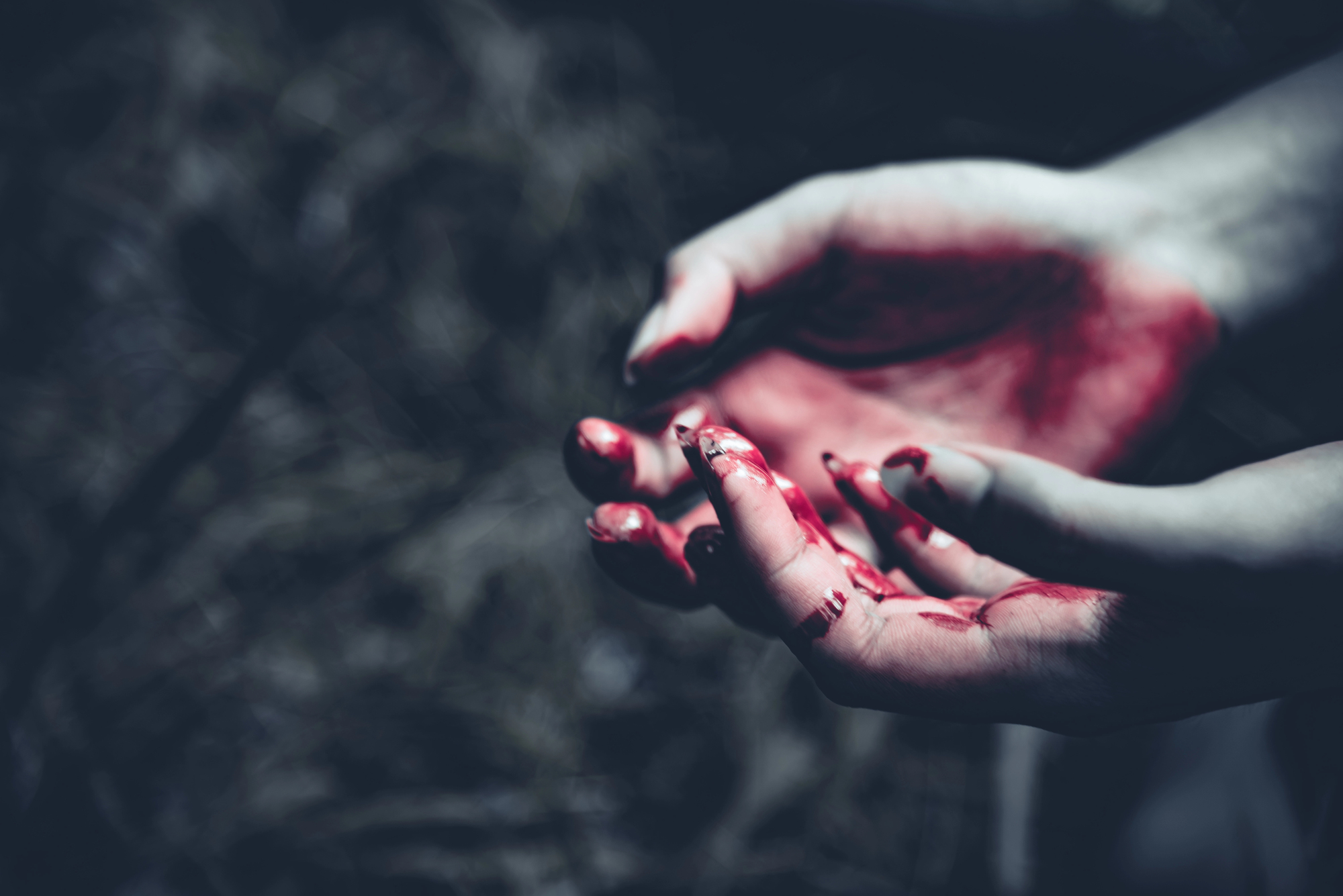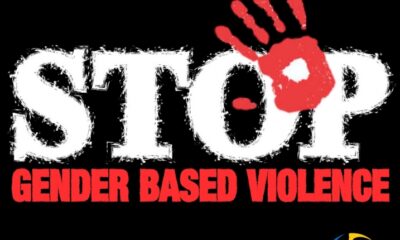News
SA’s Women’s Day Shadowed by Gender-Based Violence Crisis

Celebration meets harsh reality
Across South Africa this past weekend, Women’s Day events painted a picture of pride and unity. From colourful marches to historic re-enactments, communities came together to honour the courage of the women who shaped the nation’s history. But for many, there was no celebration, only survival.
In Tshwane, more than 1 500 female law enforcement officers retraced the steps of the legendary 1956 march to the Union Buildings. Meanwhile, in Ekurhuleni, DA supporters walked to the Germiston police station demanding stronger resources to combat gender-based violence (GBV).
The symbolism was powerful, but the statistics tell a different story, one that has left activists questioning whether South Africa is doing enough to protect its women.
‘We are failing our women’
DA deputy spokesperson on police Lisa Schickerling pointed to grim crime figures: Ekurhuleni recorded over 1 600 murders in 2024, with police precincts like Primrose and Germiston among the country’s most dangerous.
“Despite the crisis, many stations operate with too few officers, too few vehicles, and victims of gender-based violence are left without proper support,” she said.
Out of 1 154 police stations nationwide, only 134 have dedicated GBV desks.
Violence at the scale of terror
Action Society’s Juanita du Preez described the crisis in stark terms. “Many women didn’t celebrate Women’s Day — they survived it,” she said. “When women are attacked at this scale, it stops being crime. It becomes terror.”
Between October and December 2024, official crime stats recorded:
-
961 women murdered (11 every day)
-
11 803 women raped (131 every day)
-
16 023 women assaulted (174 every day)
That’s over 9 500 violent attacks on women every month and these are only reported cases.
Globally, terrorism kills about 1 667 people per month. In South Africa alone, violence against women is six times higher, yet there is no “war room,” no emergency task force, and no nationwide mobilisation to stop it.
Not enough courts, not enough justice
Du Preez said that while South Africa has sexual offences courts, there are just over 100 in the entire country, many under-resourced or not fully operational. Rural and high-crime areas often have none at all.
She called for violence against women to be declared a national disaster, the rollout of sexual offences courts in every district, better-trained prosecutors and magistrates, stronger forensic capacity, and tougher sentencing.
“This Women’s Day we cannot simply honour women with words,” Du Preez said. “We must defend their right to safety and dignity with decisive action. Silence protects the predator, not the victim.”
A day of mixed emotions
For some, Women’s Day was a moment of empowerment. For others, it was a reminder that the fight for women’s safety in South Africa is far from over. Until the country treats GBV as the national emergency it is, the marches will continue, not just to honour the past, but to demand a future where women no longer have to survive the day in silence.
{Source: The Citizen}
Follow Joburg ETC on Facebook, Twitter , TikTok and Instagram
For more News in Johannesburg, visit joburgetc.com



























